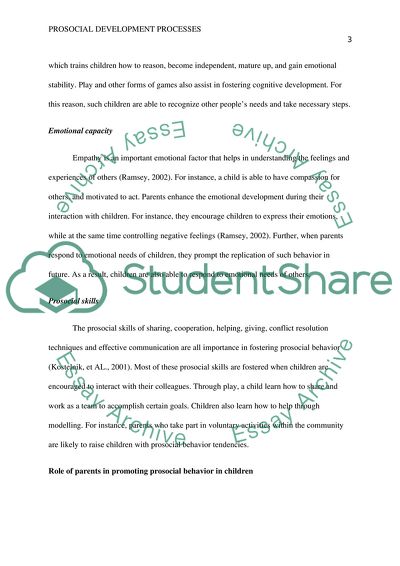Cite this document
(Prosocial Development Processes in Young Children Coursework, n.d.)
Prosocial Development Processes in Young Children Coursework. https://studentshare.org/psychology/1861713-describe-the-development-of-prosocial-behaviour-in-young-children-to-what-extent-are-parents-involved-in-this-development
Prosocial Development Processes in Young Children Coursework. https://studentshare.org/psychology/1861713-describe-the-development-of-prosocial-behaviour-in-young-children-to-what-extent-are-parents-involved-in-this-development
(Prosocial Development Processes in Young Children Coursework)
Prosocial Development Processes in Young Children Coursework. https://studentshare.org/psychology/1861713-describe-the-development-of-prosocial-behaviour-in-young-children-to-what-extent-are-parents-involved-in-this-development.
Prosocial Development Processes in Young Children Coursework. https://studentshare.org/psychology/1861713-describe-the-development-of-prosocial-behaviour-in-young-children-to-what-extent-are-parents-involved-in-this-development.
“Prosocial Development Processes in Young Children Coursework”. https://studentshare.org/psychology/1861713-describe-the-development-of-prosocial-behaviour-in-young-children-to-what-extent-are-parents-involved-in-this-development.


